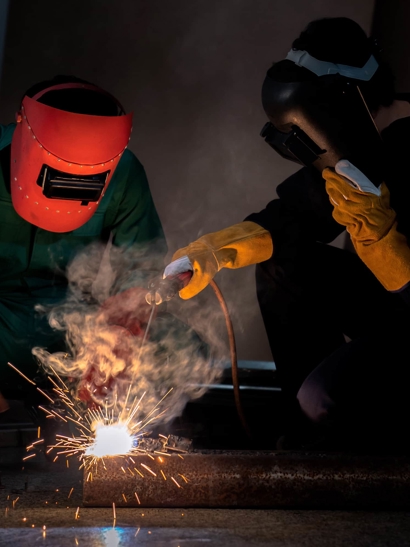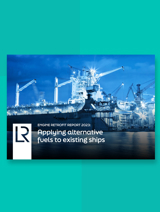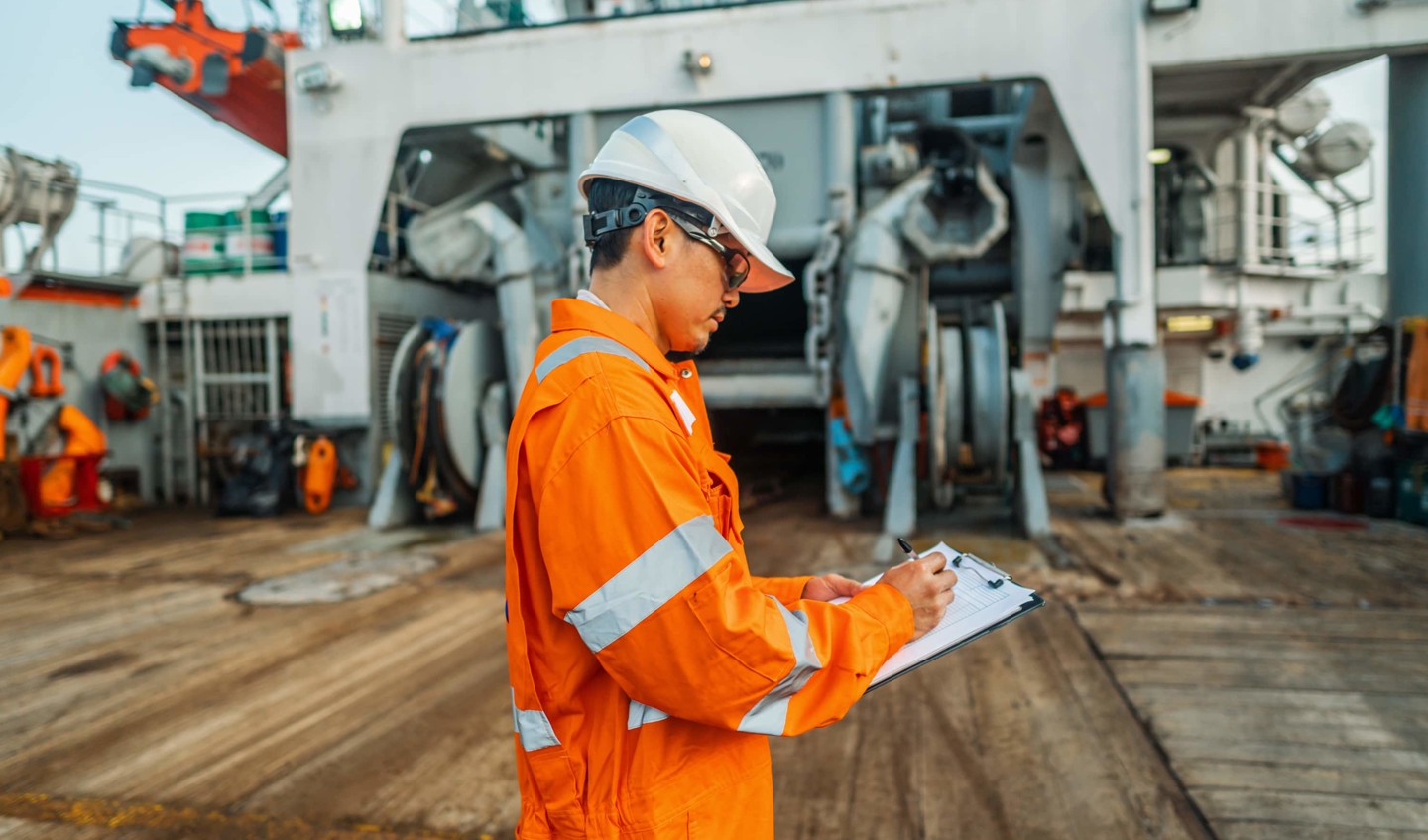New global research with more than 125,000 people in 121 countries has found that a third (34%) of people feel less safe than they did five years ago. The findings come from the launch of the second edition of the Lloyd’s Register Foundation World Risk Poll, powered by Gallup. The Poll, first conducted in 2019, is the only global study of worry about, and harm from, risks to people’s safety.
The data includes locations where little or no official data on safety and risk exists, and so constitutes a unique resource for defining the nature and scale of safety challenges across the world, as reported first-hand by those who experience them.
The first report of the 2021 World Risk Poll offers insights into how the pandemic has shifted the risk landscape since the first Poll in 2019, and how this differs across countries and regions.
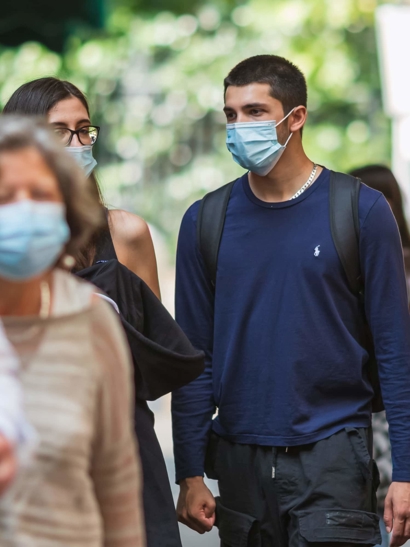
Is the world less safe than it was three years ago?
Overall, the results show that people feel slightly less safe globally than they did in 2019, with mental health and severe weather the most increased experiences of harm specifically referenced in 2021.
The World Risk Poll found that the percentage of those who felt ‘less safe’ than they did five years prior had increased from 30% in 2019 to 34% in 2021. The percentage who felt ‘more safe’ remained unchanged at 27%. The biggest regional rises in feeling less safe were seen in Central and Western Africa (38% to 51%), North America (26% to 37%), and Southeast Asia (19% to 26%).
Perhaps surprisingly, Covid-19 was only fourth most commonly perceived as the biggest threat to safety (named by 7% of respondents globally), despite the death toll, long term health consequences, and almost two years of lockdowns and other restrictions in many places around the world.
Workplace safety – an underestimated risk
The report demonstrates work-related harm remains one of the most underestimated risks globally. As in 2019, the 2021 World Risk Poll assessed people’s likelihood to worry about several risk sources relative to experience of those harms. At a global level, work-related harm was the only type of hazard for which the percentage 'very worried' about such harm fell below the percentage who had actually experienced it in the past two years.
Workers may often underestimate the risks from occupational hazards, may not view the consequences as very severe, or a combination of both. Almost a quarter (24%) of people worldwide said they had experienced or knew someone who had experienced serious harm from their work in the past two years. But fewer than one in five (19%) said they were ‘very worried’ about such harm.
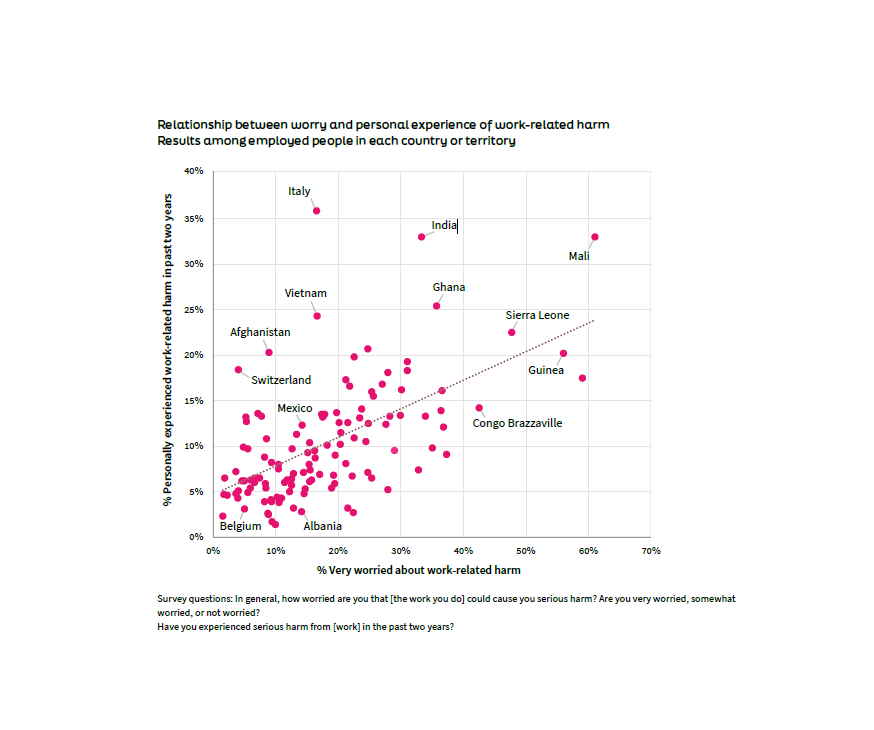
Italy is the most pronounced example of this trend, where more than a third (36%) of workers said they had experienced harm from work in the past two years – a further 18% say they know someone who has – but only 16% were ‘very worried’ about such hazards.
The high incidence of work-related injuries is reflected in growing concern about workplace safety in Italy. In August 2021, the Italian media reported 677 workplace deaths between January and July of that year, prompting then-Prime Minister Mario Draghi to promise to “do something to improve the unacceptable situation in terms of safety at work”.
Draghi worked with unions to tighten safety regulations and hire more safety inspectors but given that so few Italian workers said they were ‘very worried’ about work-related harm, raising awareness of the risks they face may also be a critical step in reducing workers’ vulnerability – this needs to be a priority for the new government now in place.
Meanwhile, worry about work-related harm was highest in lower-income regions. More than a third of people said they were very worried about work-related harm in Central/Western Africa (37%) and Southern Africa (34%), closely followed by South Asia (32%) and Eastern Africa (30%). In comparison, fewer than one in ten respondents in high-income regions like North America (7%) and Northern/Western Europe (6%) expressed similar concerns, creating a stark contrast between regions.
Experience with work-related harm was most common among low-income workers, who are more likely to have jobs involving physical labour, such as agricultural work, or to work in manufacturing settings, where hazards are more common. A quarter (25%) of workers worldwide who said they were finding it ‘very difficult’ to get by on their current income had personally experienced serious workplace harm in the past two years, versus 9% of those who reported they were ‘living comfortably’ on their current income and 10% who were ‘getting by.’ Correspondingly, workers finding it very difficult on their current income were four times as likely as those living comfortably to be very worried about serious harm from the work they do — 36% versus 9%.
Using the World Risk Poll for deeper research
LR Foundation encourages other researchers to use the data for secondary analysis to create deeper insights and is keen to partner with other organisations to create programmes and initiatives to help tackle the issues raised. The first Poll informed dozens of research projects.
There’s still more to come from the 2021 Poll. The second report, on resilience in the face of climate change and other risks, has now been published, and further reports will focus on violence and harassment at work, and attitudes to risk from artificial intelligence and personal data use. They will be released in the coming months, and the World Risk Poll will be repeated in 2023 and 2025.
